Pay or let die? Ransom money debate heats up
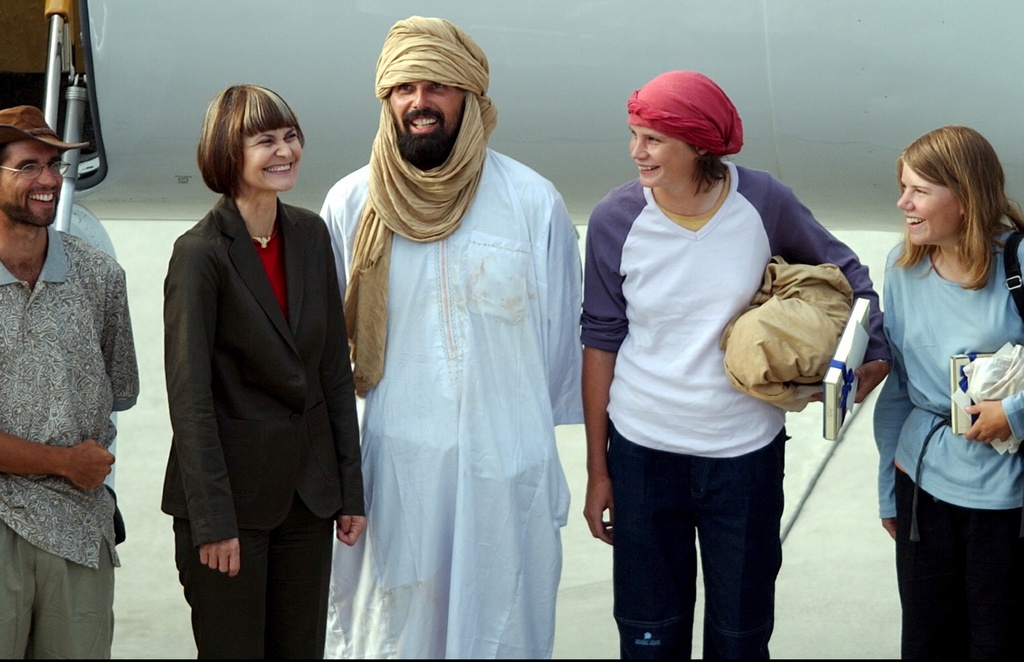
Europe – including Switzerland – is bankrolling terrorist groups via ransom payments, according to an investigation by the New York Times. The Swiss authorities deny the allegations.
In an in-depth story published on TuesdayExternal link, the NYT calculated that at least $125 million (CHF114 million) in ransom money had been paid to al-Qaeda for kidnappings since 2008. The figure cited for Switzerland was $12.4 million, supposedly paid to free a German and two Swiss hostages in 2009.
In researching the NYT article, interviews were carried out with former hostages, negotiators, diplomats and government officials in ten countries in Europe, Africa and the Middle East. The journalist also had access to thousands of pages of internal al-Qaeda documents.
The foreign ministries of Austria, France, Germany, Italy and Switzerland all denied having paid terrorists to release hostages.
As the NYT put it:
“Several senior diplomats involved in past negotiations have described the decision to pay ransom for their countries’ citizens as an agonizing calculation: Accede to the terrorists’ demand, or allow innocent people to be killed, often in a gruesome, public way? Yet the fact that Europe and its intermediaries continue to pay has set off a vicious cycle.”
The foreign ministryExternal link has issued a statement in response to the article.
“Switzerland is concerned about the current increase in kidnappings and the related demands for ransom money by terrorist groups. This system, which degrades human life to a commodity, is an important source of income for terrorist groups,” said the ministry statement.
“Consequently, ransom payments represent an incentive for further kidnappings and a higher risk for nationals from all countries.”
The article went into detail regarding the case of four people kidnapped after leaving a music festival in Mali. It was a Swiss couple, a German woman and a British man named Edwin Dyer – who was killed by his captors after the British government refused to pay for his release.
“The Swiss and German nationals held alongside Mr. Dyer were released after a reported ransom of €8 million [worth $12.4 million today] was paid, according to one of the Swiss negotiators who helped win their release. The same year, lawmakers in Bern, the Swiss capital, voted on a national budget that ‘suddenly had an extra line for humanitarian aid for Mali,’ the official said,” reported the NYT.
The foreign ministry statement did not address this specific point, but it emphasised the need for international cooperation.
“The most effective way to break the system [of ransom kidnappings] is to have a strict and consistent policy of renouncing ransom payments and political concessions – in accordance with this year’s resolution by the UN Security Council on kidnappings for ransom,” said the foreign ministry.
Switzerland is a member of the Global Counterterrorism ForumExternal link, and the fight against ransom kidnappings is also a “key issue” for Switzerland’s current presidency of the Organization for Security and Co-operation in EuropeExternal link (OSCE).

In compliance with the JTI standards
More: SWI swissinfo.ch certified by the Journalism Trust Initiative
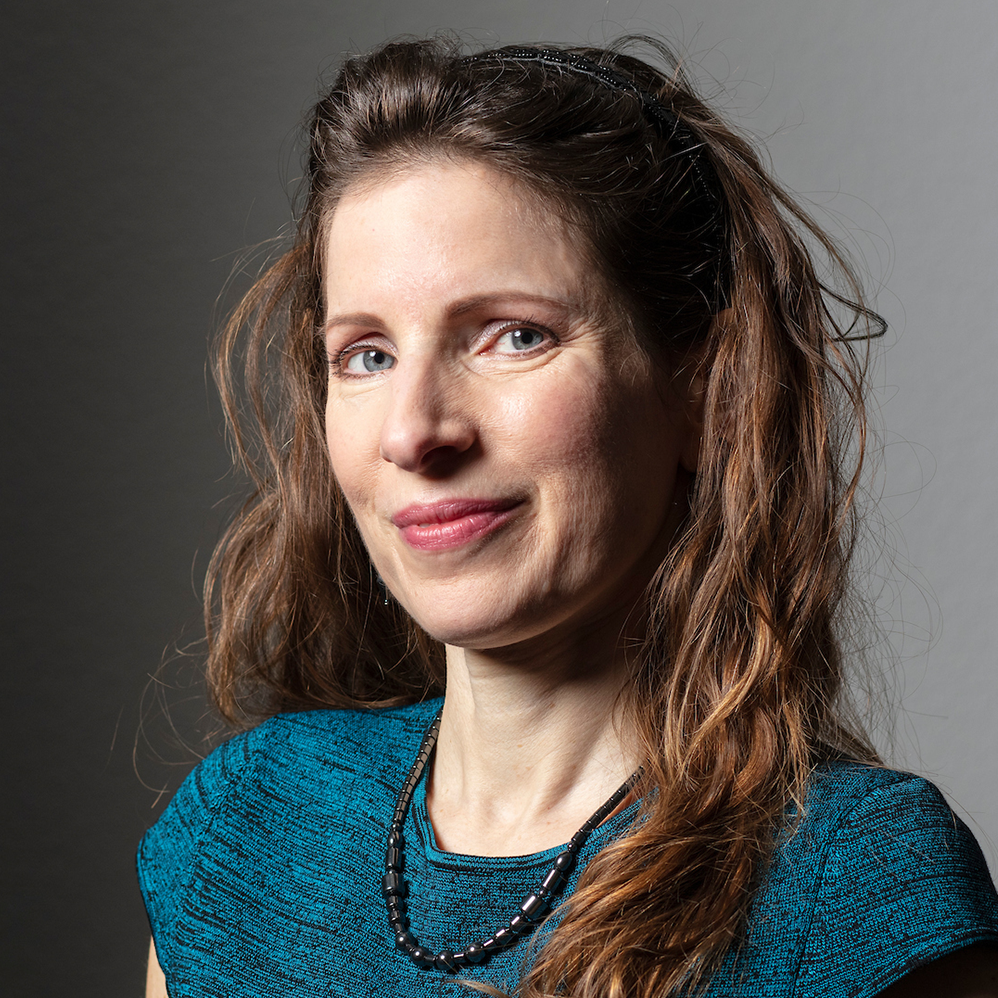
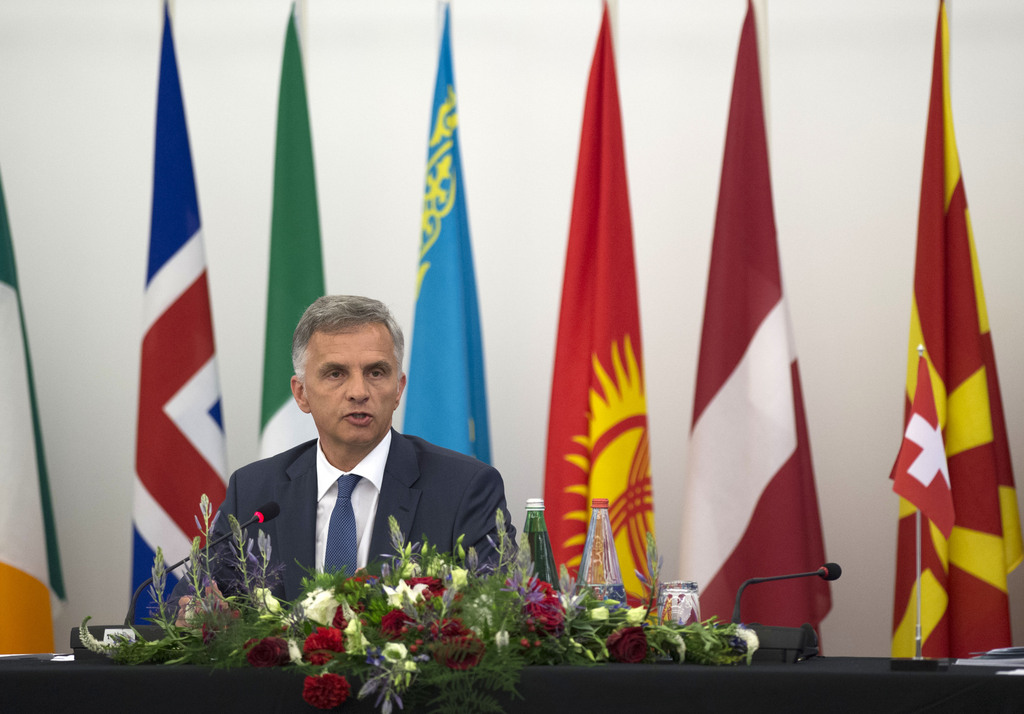
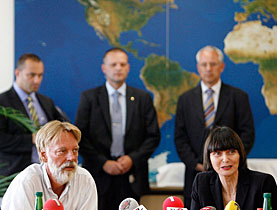

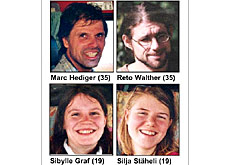
You can find an overview of ongoing debates with our journalists here. Please join us!
If you want to start a conversation about a topic raised in this article or want to report factual errors, email us at english@swissinfo.ch.